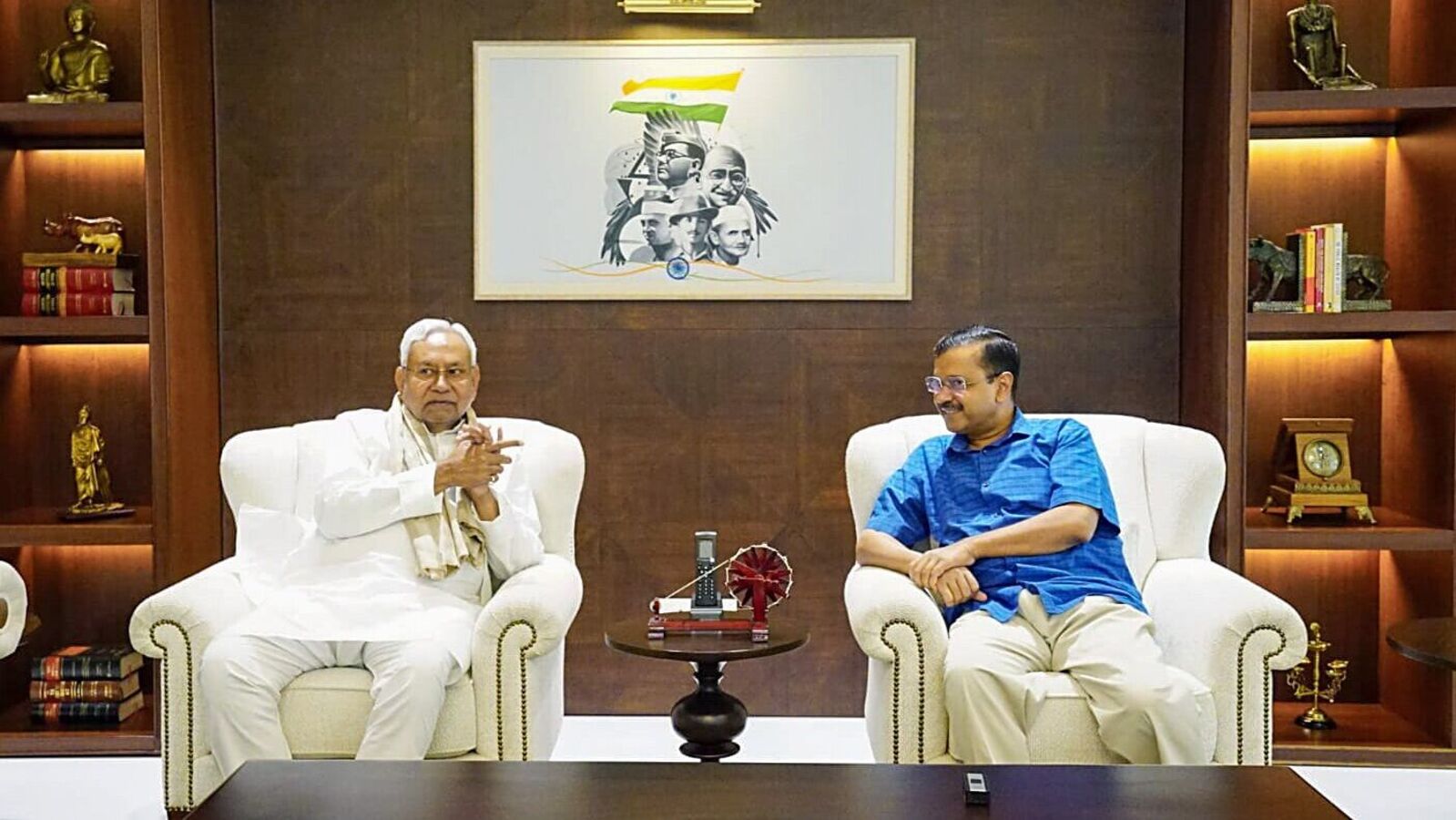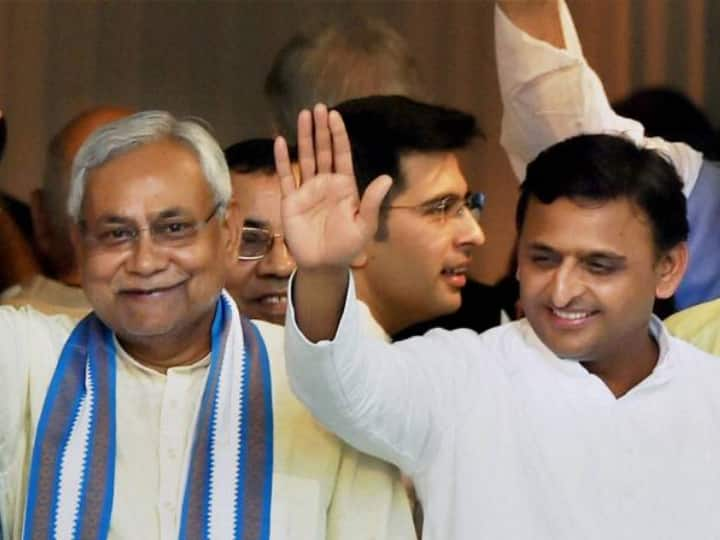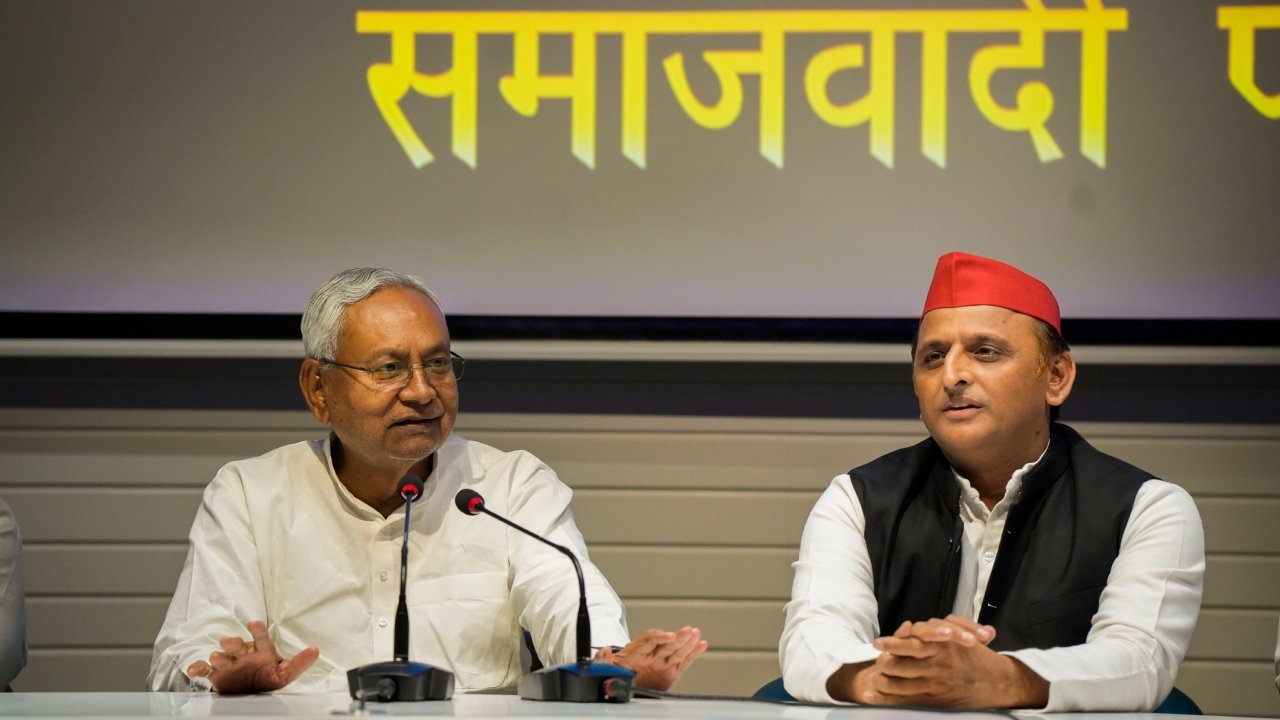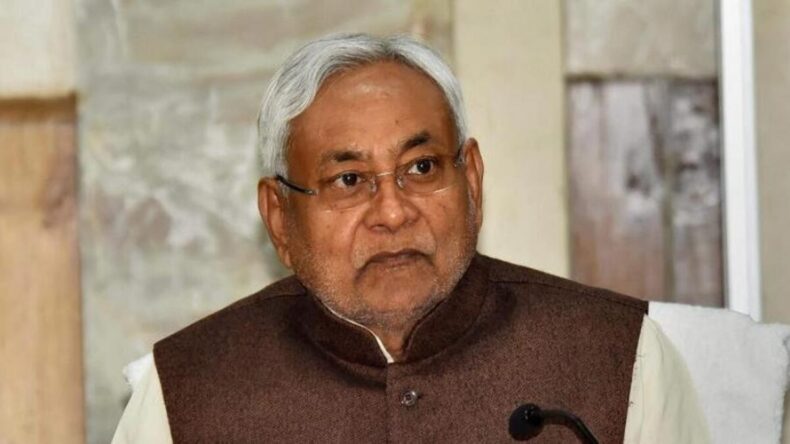The political landscape in India is often dynamic, with alliances and realignments shaping the fortunes of parties and leaders. In recent times, one leader who has been making waves with his strategic moves is Nitish Kumar, the Chief Minister of Bihar and the leader of the Janata Dal (United) [JD(U)]. With his party’s base primarily concentrated in Bihar, Nitish Kumar has set his sights on expanding his political footprint beyond the state borders. One state that seems to be catching his attention as a potential launchpad for national ambitions is Uttar Pradesh
Nitish Kumar’s Ambitions Beyond Bihar
Nitish Kumar has been the Chief Minister of Bihar for multiple terms and has achieved significant success in transforming the state’s development narrative.

However, he realizes that to have a substantial impact at the national level, he needs to expand his party’s influence outside Bihar. UP, with its massive electorate and political significance, presents an enticing opportunity for Nitish Kumar to establish a foothold in North India and make a serious bid for national leadership.
The Importance of Uttar Pradesh
Uttar Pradesh is the most populous state in India, accounting for a significant share of seats in the Lok Sabha, the lower house of the Indian Parliament. Winning elections in UP is crucial for any party aspiring to form the government at the Centre.
With the Bharatiya Janata Party (BJP) currently dominating the political landscape in UP, any party seeking to challenge its supremacy must forge strong alliances and build a united front.
The JD(U) and SP Alliance
In a bid to increase their influence in UP, the JD(U) is exploring the possibility of allying with the Samajwadi Party (SP).

The SP, led by Akhilesh Yadav, has a significant presence in UP and has been a key player in the state’s politics. By joining forces, Nitish Kumar and Akhilesh Yadav aim to consolidate their respective vote banks and mount a strong challenge to the BJP in the upcoming state and national elections.
Challenges and Opportunities
While a JD(U)-SP alliance in UP presents potential opportunities, it also brings its fair share of challenges. Firstly, both parties have different ideological leanings, and bridging the ideological gap will require careful negotiations and compromises. Secondly, the BJP’s dominance in UP cannot be undermined, and defeating them will require a robust strategy and extensive groundwork.

However, the alliance also offers several advantages. The combination of JD(U)’s track record of good governance in Bihar and the SP‘s strong grassroots connection in UP could prove to be a formidable force. The alliance has the potential to bring together a diverse range of voters, from the rural poor to the urban middle class, and consolidate anti-BJP sentiments. Moreover, the alliance can also leverage the popularity of both Nitish Kumar and Akhilesh Yadav, who have a considerable following in their respective states.
Nitish Kumar’s aspirations for national leadership have led him to explore opportunities beyond Bihar, and Uttar Pradesh seems to be a natural choice. By pursuing an alliance with the Samajwadi Party, Nitish Kumar aims to establish a strong political foothold in UP and challenge the BJP’s dominance. However, the success of such an alliance depends on the ability of the JD(U) and SP to navigate their ideological differences and build a united front. As the political landscape continues to evolve, it remains to be seen whether Nitish Kumar’s eye on Delhi can find its roots or not.













